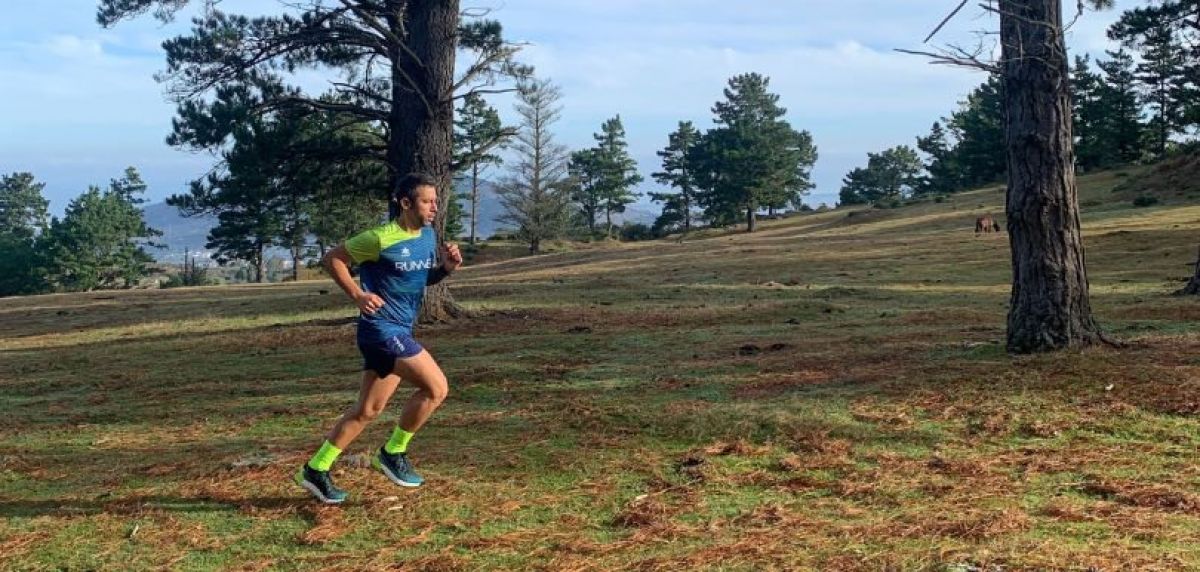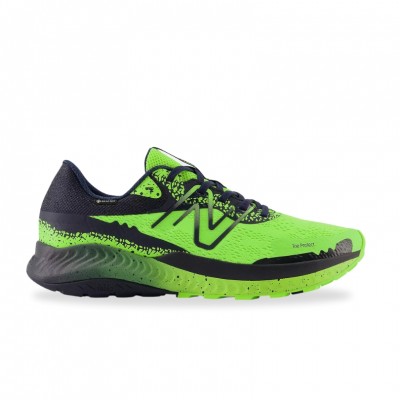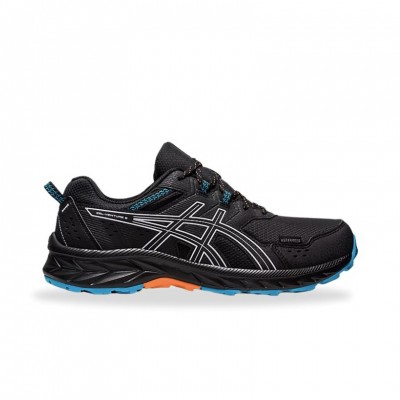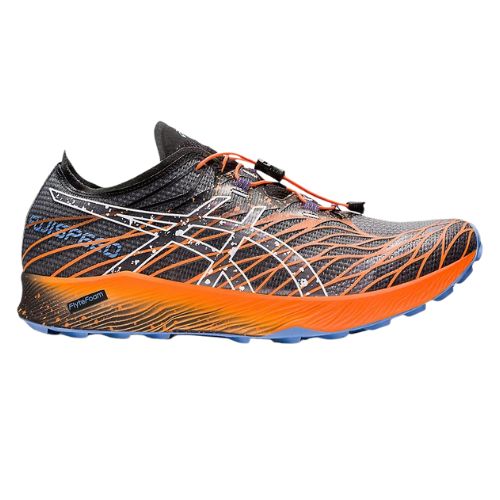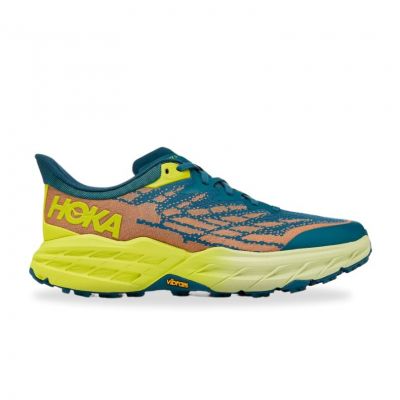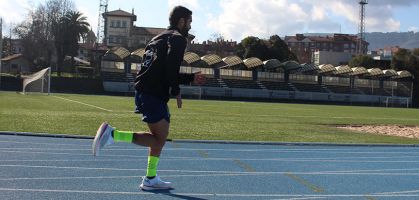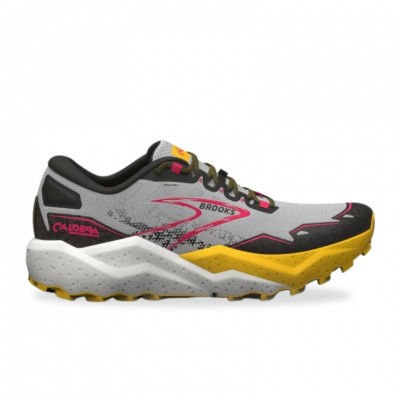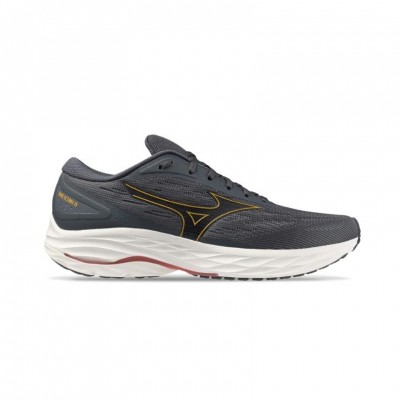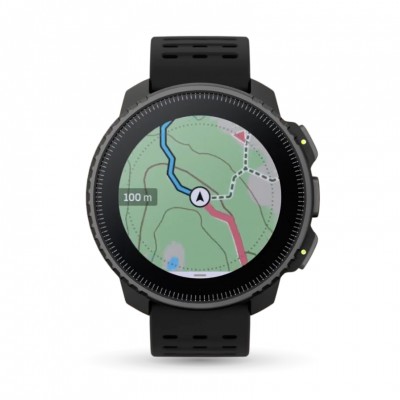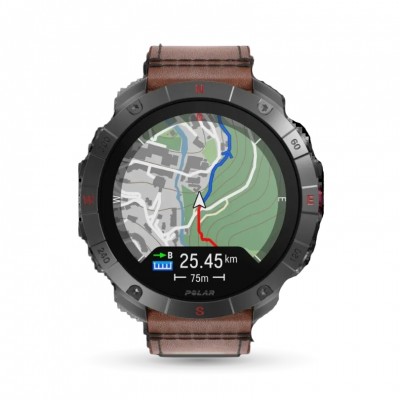You may be interested in:
We couldn't say it clearer or louder. Long-distance and ultra-distance races are becoming increasingly fashionable, both for the appeal of overcoming a highly complex challenge as well as for the "adventure" of spending many hours running and walking, with the opportunity to traverse a multitude of sites and trails in a relatively short space of time.
Unlike shorter distance competitions, the preparation does not consist only of having good trail running shoes and training, but a greater number of conditioning factors come into play, among which are the mental strength of each person, the psychological strategy to overcome any difficulty or moment of crisis, as well as the aspect of nutrition and hydration.
If you are that kind of mountain runner who already has experience in race distances around the marathon and you are weighing the idea of making the leap to the ultra discipline, stay tuned because today we are going to give you the keys to make the transition a process with more pros than cons.
First of all, what is considered an ultra trail?
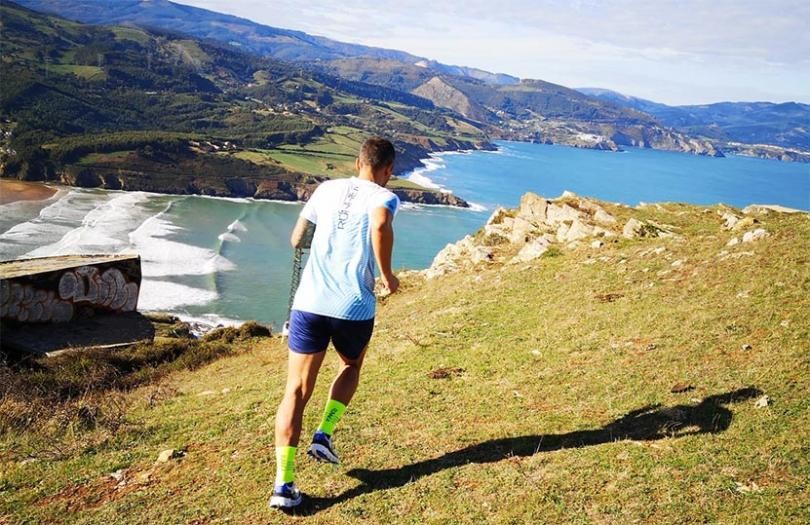
Surely you know, but for those who still have doubts about it, we can say that the ultra trail is just another mountain race, but with the peculiarity that the distances exceed 42 kilometers, that is, the distance of the legendary marathon. They are characterized by their positive and negative slope, as well as by the variety of the terrain, where most of the time they run on mountain roads and trails . Depending on the area where they are held, the weather can also be a conditioning factor.
The duration of an ultra trail can vary between 5 hours for the most prepared athletes and the shortest distances, and several days for the most extreme events.
If you are a trail runner who is used to participate in shorter races, the milestone of completing an ultra trail of 50 kilometers or similar is usually one of the most common objectives. On the other hand, if you already have more experience in ultra distance races, overcoming the mythical barrier of 100 kilometers is the most attractive challenge.
Whether it is one or the other distance, we are talking about tests that require physical, mental and strategic preparation. If already culminating a challenge of such magnitude acquires a high level of complication, finding the best personal performance is even more complex gibberish. But don't worry because RUNNEA is always at the runner's service, in this case, giving you 5 essential tips for running 50 or 100 kilometers in the mountains.
5 tips for running 50 km or 100 km in the mountains
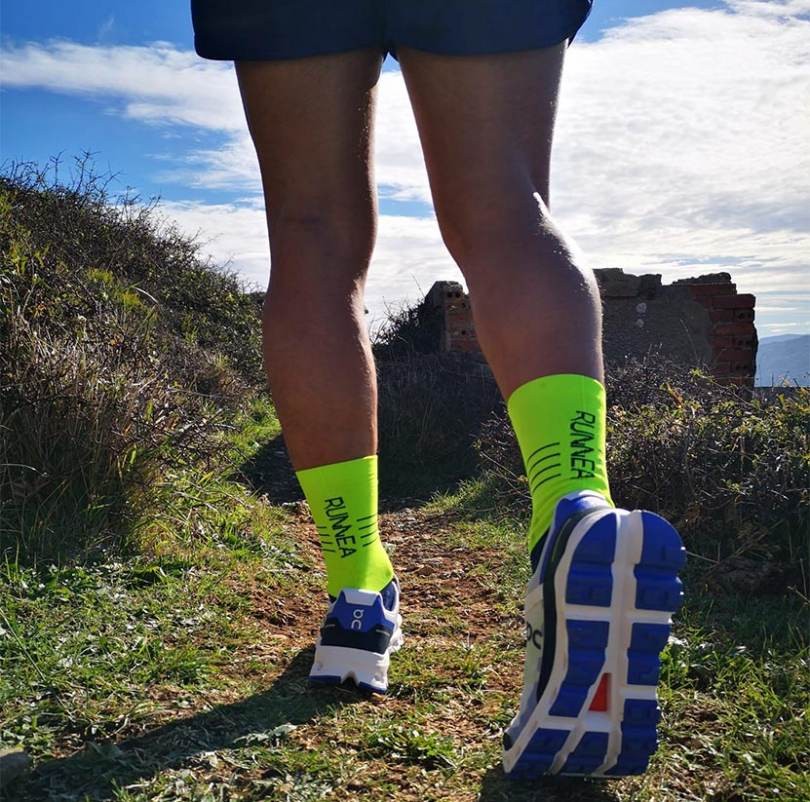
As with everything in life, tips do not guarantee the achievement of a goal, but they are a great help to orient yourself and focus on the most important aspects. We believe that these 5 tips that we are going to give you below can help you to make your next ultra trail a success!
More does not mean better
One of the most common and somewhat traditional and obsolete beliefs is that, in order to resist walking and running for many hours, you have to get your body used to similar efforts during training. Although it is true that we need a minimum volume of training to face an ultra trail, scientific evidence and above all, the results of many athletes have shown that it is not necessary to perform training sessions of excessive duration to perform in this type of event.
Let's take the example of a trail runner who has the goal of completing 100 kilometers in approximately 20 hours. Looking at it objectively, we might think that we should be able to complete at least half the distance or duration training, that is, over 50 km or 10 hours training. But the reality is that it is very complicated to manage such a training from the physical and psychological point of view. Not to mention the physical after-effects that such a demanding session can have. Therefore, unless you do it in a previous competition or with enough margin in the calendar, forget the idea of doing "crazy" training.
There have been numerous cases where runners who have done maximum runs of 5 to 6 hours have completed distances greater than 100 kilometers, even 100 miles (168 km).
Don't just train long and "slow".
This is one of the most common mistakes, especially among veteran mountaineers. The thought that the best way to train is to get your body used to the kind of intensity (pace or speed) that you are going to carry in competition is not entirely incorrect either. What is a mistake is to think that all or most of the sessions should be run in this way, with only sessions where leisurely paces and long distances predominate.
The variety of stimuli that we have mentioned so many times in the training magazine will be the key to improve our performance and to optimize our training time, not needing the long runs mentioned in the first tip to achieve the best possible form. The inclusion of high and medium intensity sessions such as series, fartlek or hills should not be limited to runners of short and medium distances.
Try to run "fast" at certain times during your weekly planning and be sure that you will run longer and better.
Simulate the conditions of the race
At this point we not only want to refer to the work of the rhythms at which we are going to compete, but we want to emphasize the importance of accustoming the body to experience similar sensations to those that will suffer in competition. On the one hand, training on surfaces that have the closest resemblance to the race and simulating similar positive and negative slopes will allow us to adapt to what we will have to overcome in the race.
As an idea, if the ultra trail is very technical, it will be interesting to train on compromised surfaces. If the course has long ascents and descents, try to train on routes with long ascents and descents.
On the other hand, and within the availability of each person, it will be interesting to train at night if the race has a night schedule, as well as being able to replicate the weather conditions of cold or heat, for example. Thus, training partially (part of the night or early morning) or completely (all night) in total darkness or training at the hours when it is coldest or hottest, will help the body to adapt to the conditions that we will find in the race. In this sense, getting used to the front light, training with a full backpack or getting used to the use of poles will be very interesting tips.
What if the key is in nutrition and hydration?
We often obsess about our training, when one of the most important factors that determine success in an ultra trail is the management of nutrition and hydration during the race. A race of such duration or mileage requires constant replenishment of energy reserves, which is one of the most common failures when participating in an ultra trail. An "empty" body is not capable of generating energy and, consequently, of maintaining the proposed intensity .
Extrapolated to long distances, an organism without fuel can cause the competition to be very, very long, and we may even have to abandon it due to lack of energy.
It is true that ingesting food every few hours is complicated, since in our day to day we make, at most, 5 meals. But it is an aspect that must be trained so that the digestive system and the brain are capable of ingesting large amounts of food, both in natural format and in energy gel format. Hydration is no less important, so just like food, we must hydrate ourselves as well as possible and constantly, both with water, as well as with isotonic drinks or mineral salt tablets.
Prepare your mind
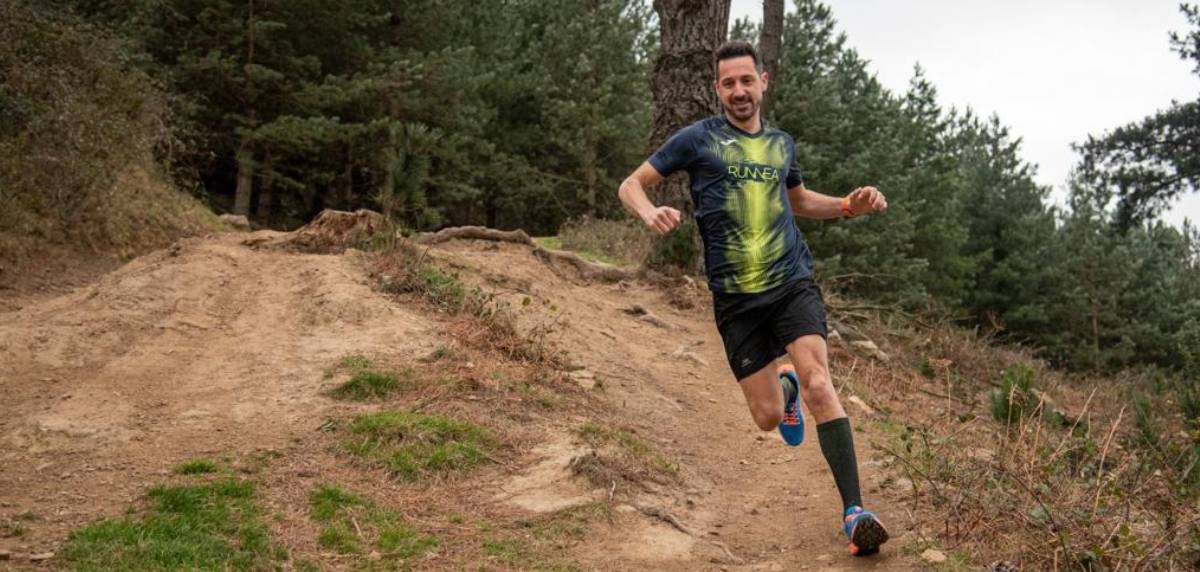
It is said that the performance in the ultra trails is determined 50% by the physical capacity and 50% by the psychology. This statement is an objective and not very individualized vision, but it is really correct in many cases. In addition, we could say that the longer the distance, the more important the weight of the mind becomes, so that running in the mountains for many hours may depend more on the capacity of our head than on our physical strength.
The previous mentalization and psychological work on the management of the multitude of uncomfortable or bad moments that we can live in race will be one of the keys to not give up trying to complete an ultra distance race. In this sense, experience is a degree, so having faced this type of problems previously is always helpful. However, even if you are a beginner in the discipline, you have the opportunity to prepare yourself mentally and put into practice tools to overcome the moments of greatest adversity.
If we refer to pre-race preparation, going out to train at times when we least feel like it, going through uncomfortable routes or running in adverse weather conditions may be some of the most recommended techniques. During the race, listening to music, calling a family member/friend/partner, crying for a moment, admiring the scenery, thinking about all the work done to get there or trusting in your ability are just some of the tips we can give you to forge an "iron" mentality.
Read more news about: Running Training
